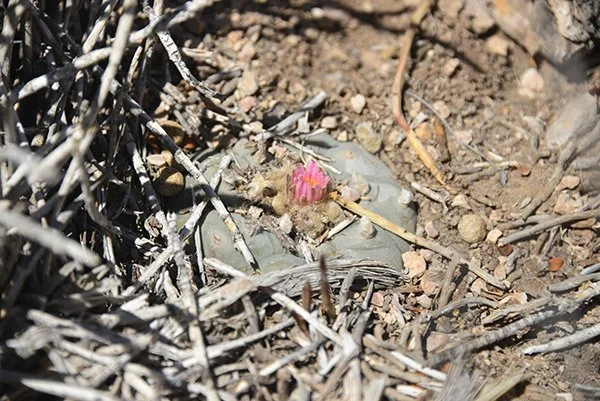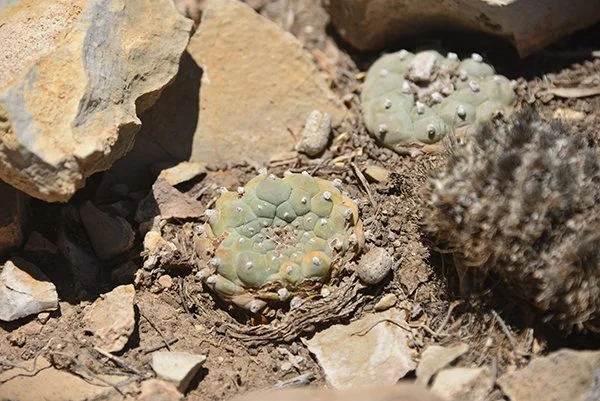Lophophora williamsii - an overview of peyote conservation and ecology
Anna Ermakova (UK / Russia)
Lophophora williamsii (peyote) is a slow-growing, culturally significant cactus native to the Chihuahuan Desert and parts of South Texas and northern Mexico. It is currently facing conservation challenges due to pressures from habitat loss, land-use change and unsustainable harvesting for ceremonial and non-traditional uses. Despite its importance to Indigenous communities and its unique ecological adaptations, L. williamsii remains understudied in terms of population structure, growth dynamics, and landscape-level drivers of distribution.
This presentation synthesizes recent research on the ecology of L. williamsii, including demographic patterns, regeneration strategies, and harvesting pressures. I highlight conservation challenges such as limited seedling recruitment, vulnerability to overharvest, and habitat fragmentation, and discuss emerging approaches for population monitoring, restoration, and community-engaged stewardship. By integrating ecological data with cultural and policy perspectives, I argue for a complex conservation strategy that ensures the long-term persistence of L. williamsii while respecting its deep biocultural significance.



